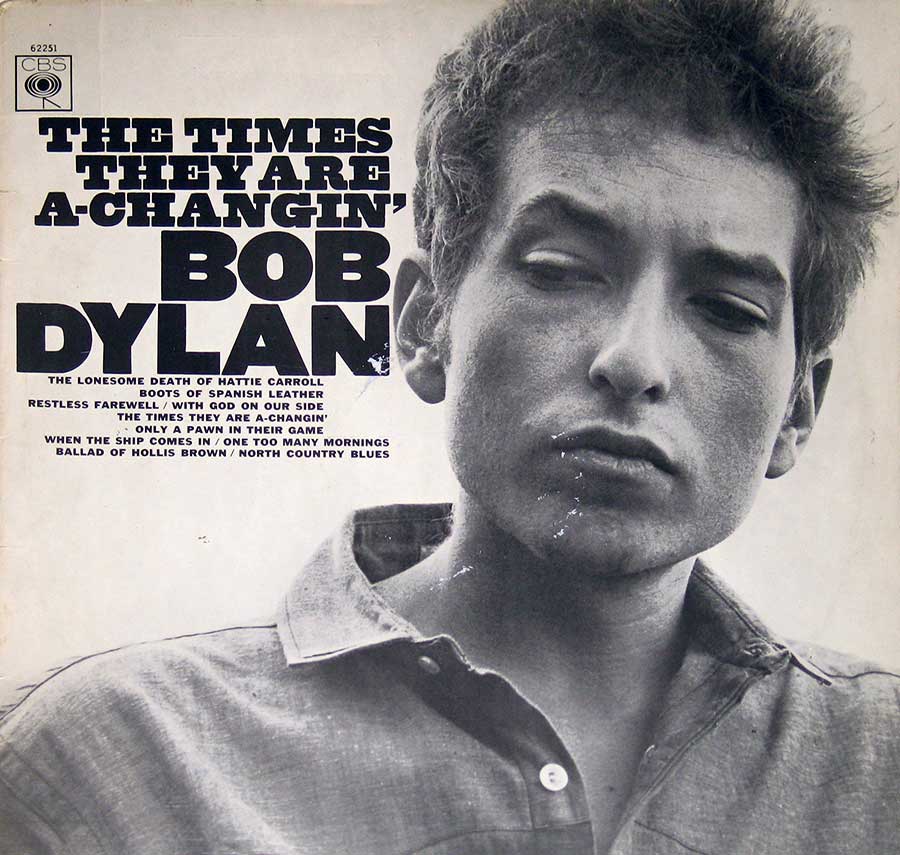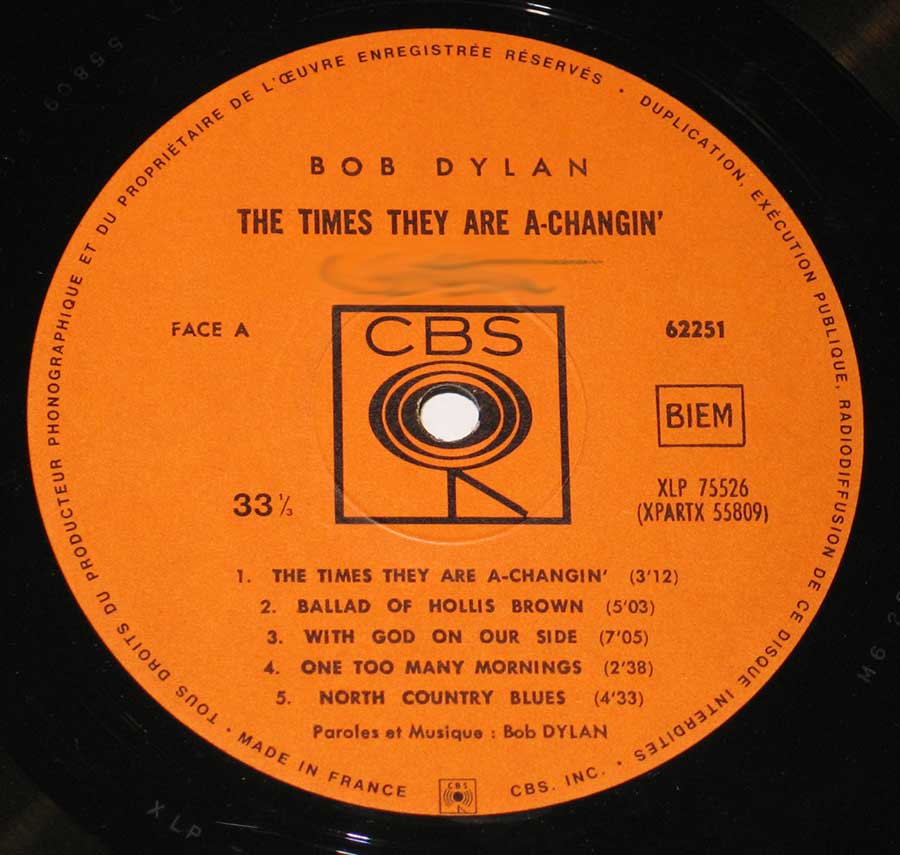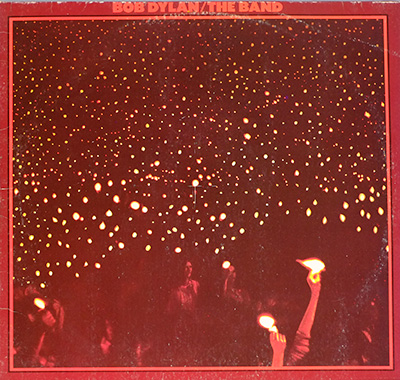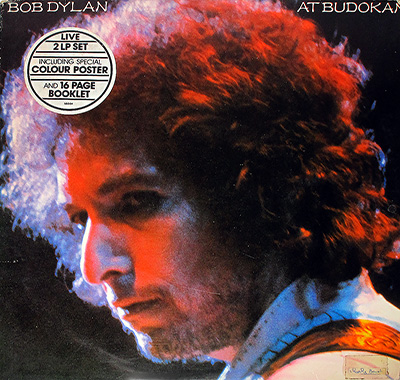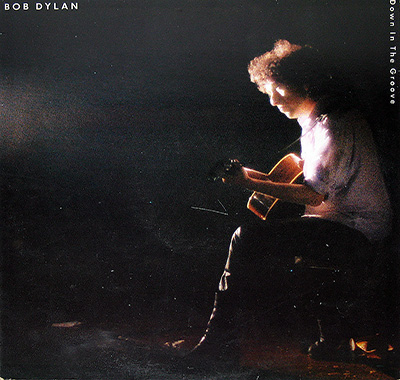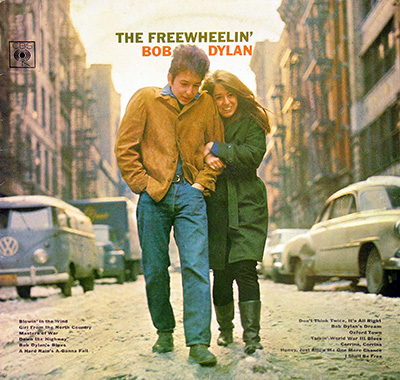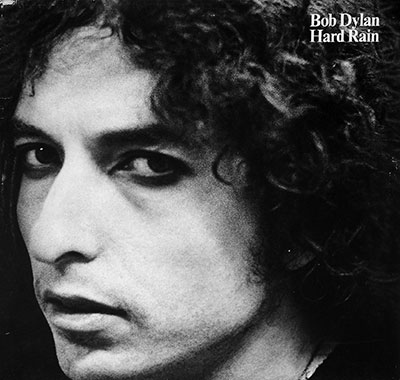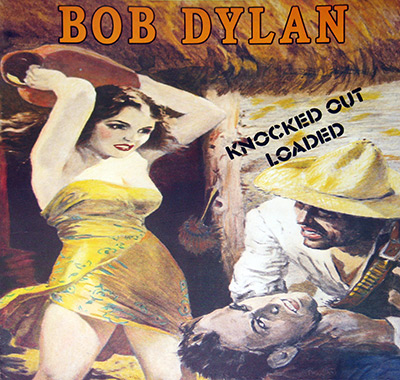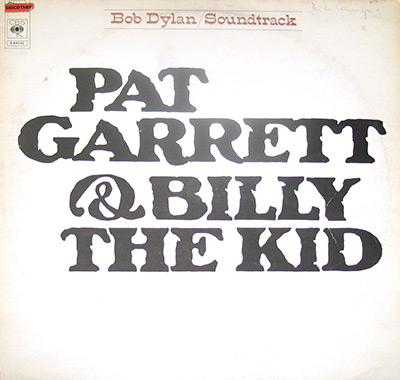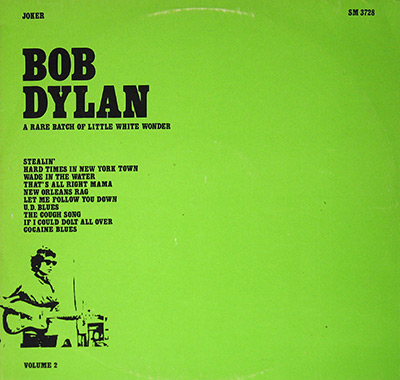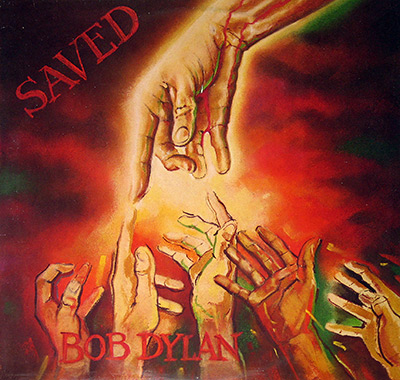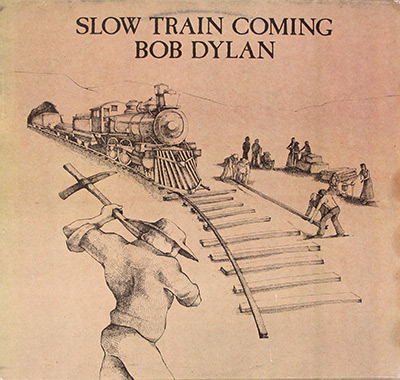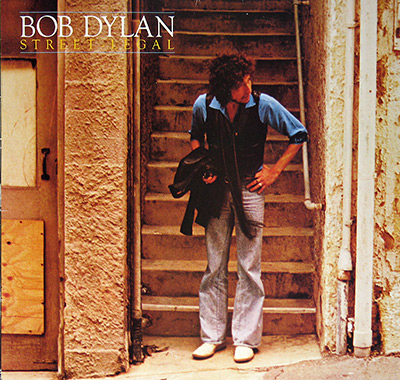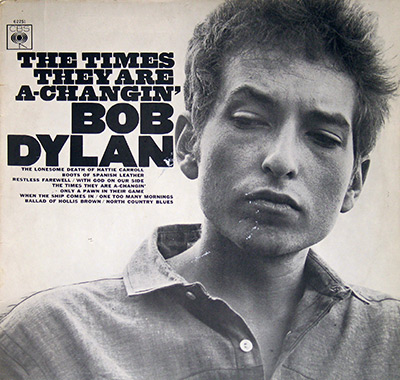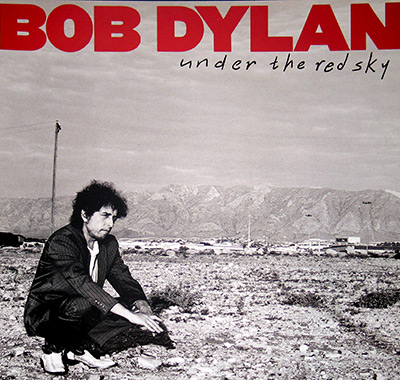Bob Dylan – The Times They Are A-Changin'
Context and the Spirit of 1964
Released in early 1964, The Times They Are A-Changin' stands as Bob Dylan's first album to consist entirely of original compositions. Arriving amid a rapidly shifting social and political landscape in the United States, the album became an emblem of the early 1960s protest movement. Civil rights struggles, the growing generational divide, and the fear of war were shaping a restless and idealistic youth culture — and Dylan was its unofficial poet.
The title track, which opens the album, is not only a masterclass in lyrical minimalism but also a clarion call. With verses addressing senators, congressmen, writers, and parents, Dylan held up a mirror to America’s institutions and power structures. It was no coincidence that this record emerged in the same year as the Civil Rights Act and a rapidly intensifying conflict in Vietnam. The song’s prophetic refrain — "For the times they are a-changin'" — captured a generational urgency that no other folk artist had articulated so crisply.
Folk Music's Stark Aesthetic
Musically, this album stripped things down to the bone. Dylan appears alone — no band, no backing vocals, no sweeteners. Just acoustic guitar, harmonica, and voice. This bare arrangement enhanced the stark narratives of the songs. Where his previous album, The Freewheelin’ Bob Dylan, had flirted with humor and romance, The Times They Are A-Changin' is austere, almost biblical in tone.
“Ballad of Hollis Brown” paints a harrowing tale of poverty and despair in South Dakota, while “North Country Blues” dissects the collapse of mining towns and family life with a chilling matter-of-factness. “With God on Our Side” challenges American historical mythologies, questioning war and nationalism through a deceptively simple, hymn-like structure.
Recorded at Columbia Studios with Tom Wilson
The album was produced by Tom Wilson, a Black Harvard-educated producer whose role in Dylan's early trajectory is often understated. Wilson had a knack for capturing raw intensity, and at Columbia Studio A in New York City — the same studio used for many of Dylan’s early sessions — he achieved a sonic austerity that matched Dylan’s lyrical intent.
The sessions were recorded over several months in 1963, with Dylan demanding absolute control over the lyrics and mood. Wilson, who would later produce landmark work for Simon & Garfunkel and The Velvet Underground, ensured the final mixes preserved every breath, every string squeak, every biting syllable. This was not an album designed for mass radio play — it was folk reportage.
A French Pressing with Subtle Differences
This specific release — the 1964 French CBS pressing, catalog number CBS 62251 — is nearly identical in sound to its American counterpart but carries some subtle distinctions. The label design features the iconic CBS "Walking Eye" logo, and the matrix codes (XLP 75526 / XPARTX 55809) are etched into the vinyl with regional precision.
The sleeve on this French version uses similar artwork but has slight differences in typography and coloring, and the back cover includes the complete printed lyrics along with four “epitaphs” attributed to Dylan. These poetic inscriptions do not appear on all international editions and have become a distinguishing feature of this version.
Provocation in a Suit and Tie
Despite Dylan’s relatively clean-cut appearance on the album cover — collared shirt, direct gaze — the songs inside challenged nearly every prevailing assumption about America. “Only a Pawn in Their Game”, for instance, addresses the assassination of civil rights activist Medgar Evers, placing blame not just on the gunman but on the societal system that created him.
Some critics at the time were unsettled by the album’s grim tone. Gone were the flashes of surrealism and satire that balanced earlier releases. This was Dylan as a preacher, a chronicler, an observer of national tragedy. While the Greenwich Village folk scene praised his bravery, more conservative voices accused him of being too radical, too political, too bleak.
A Milestone in American Folk Rock
The Times They Are A-Changin' may not have had the melodic variety or commercial appeal of later Dylan albums, but it remains a vital document of its time. It solidified Dylan’s status not merely as a songwriter but as a serious social commentator. Within a year, he would begin to move away from pure folk and plug in his guitar — but here, Dylan's acoustic voice rings loudest, clearest, and most defiant.
